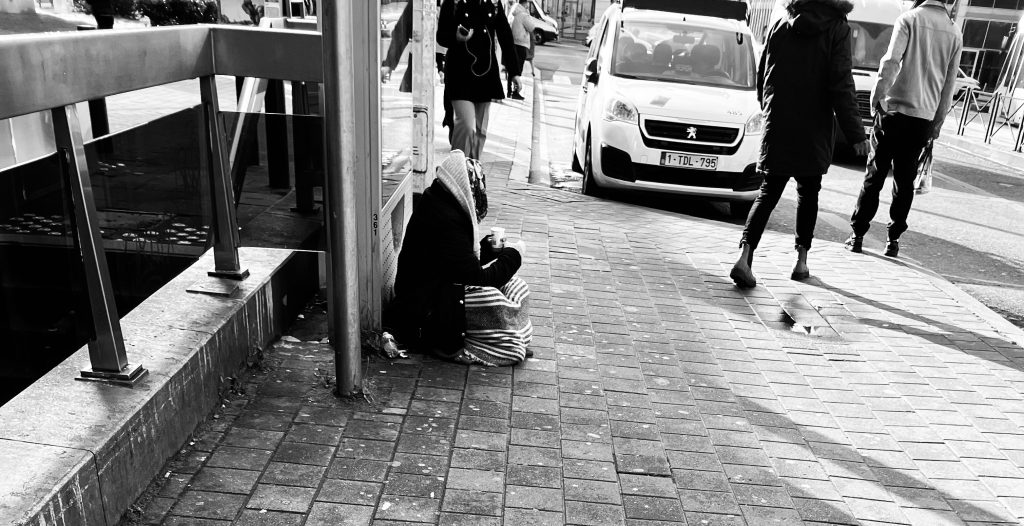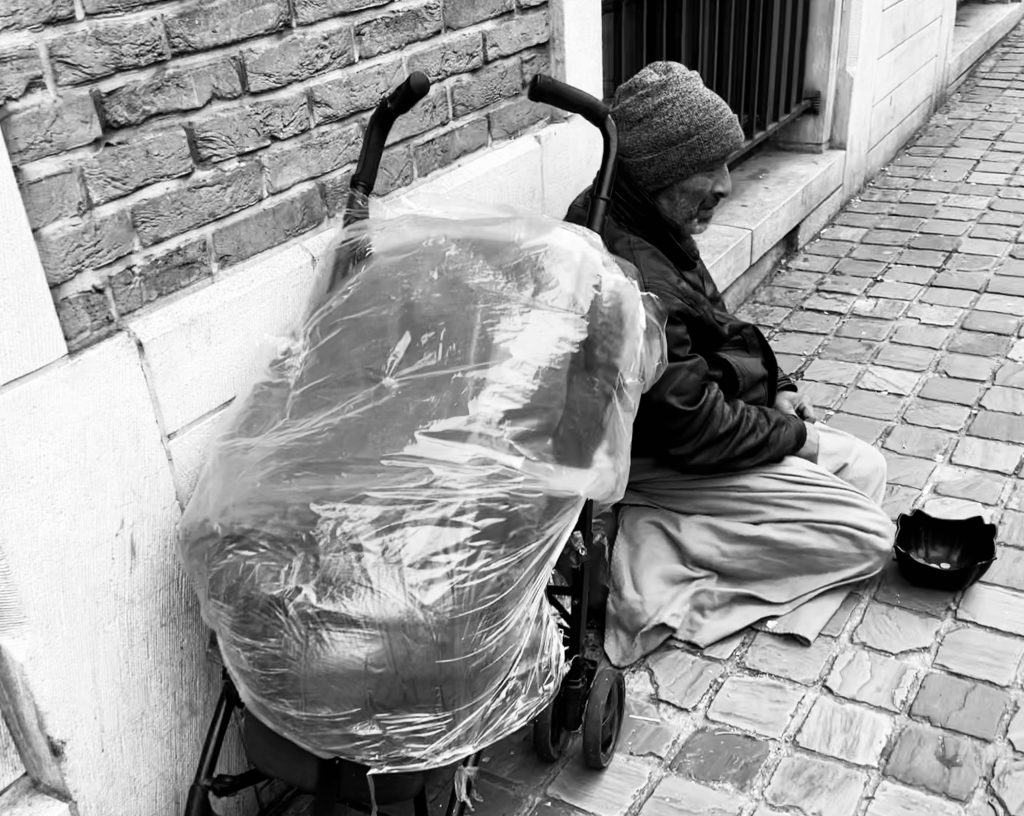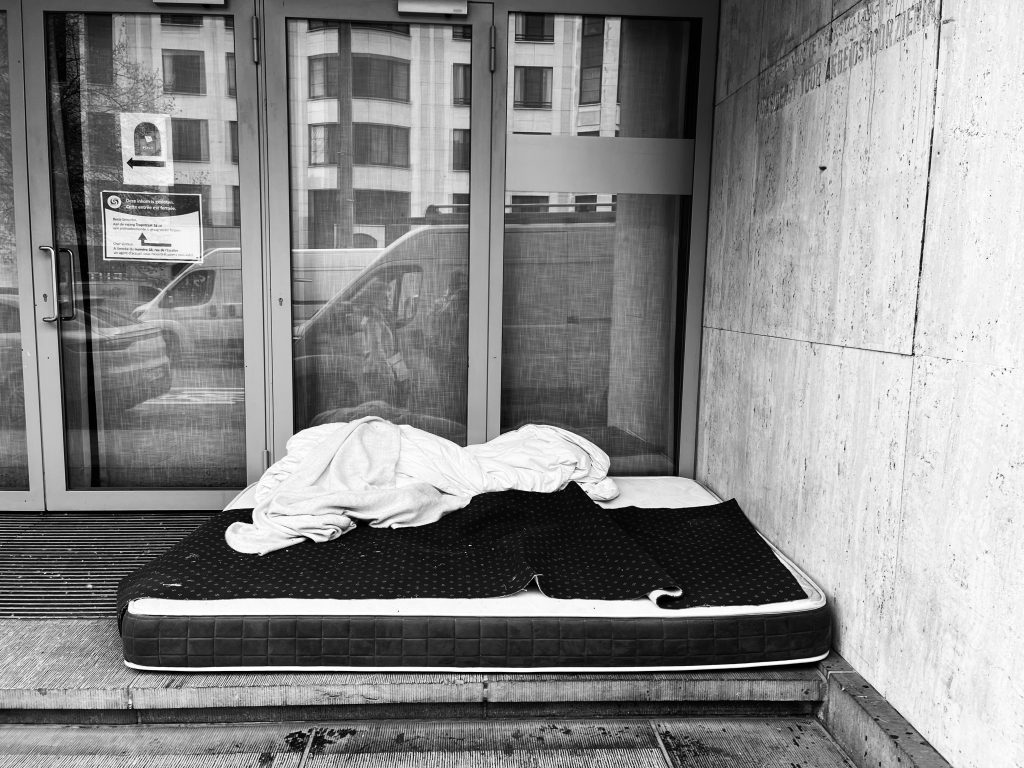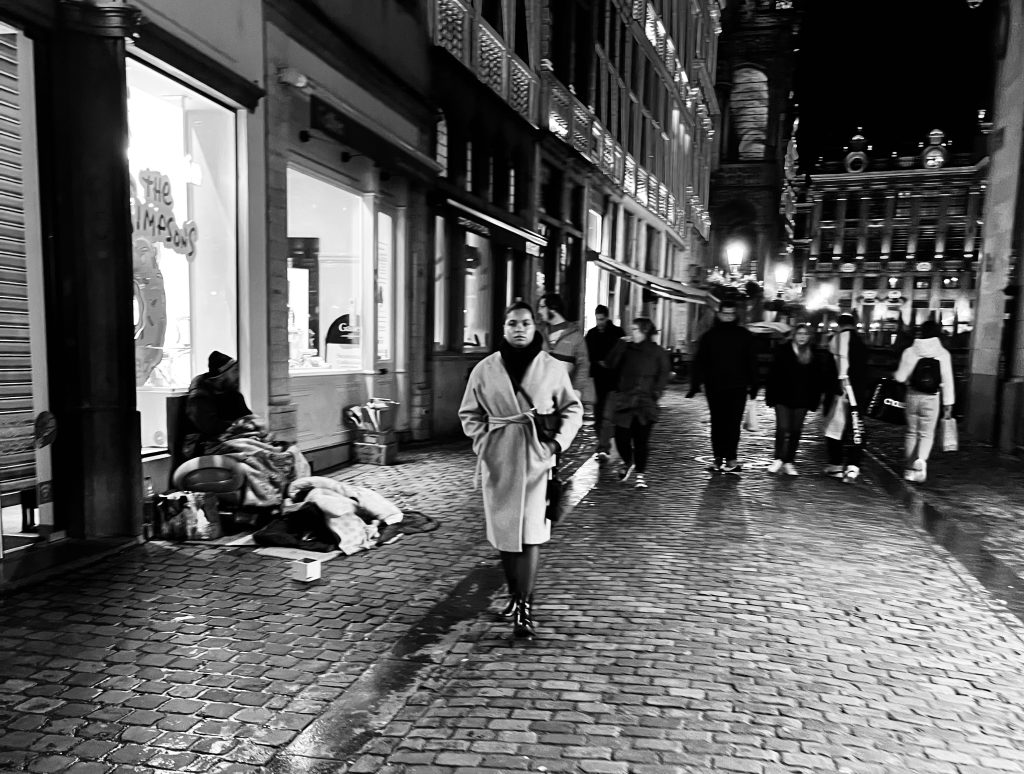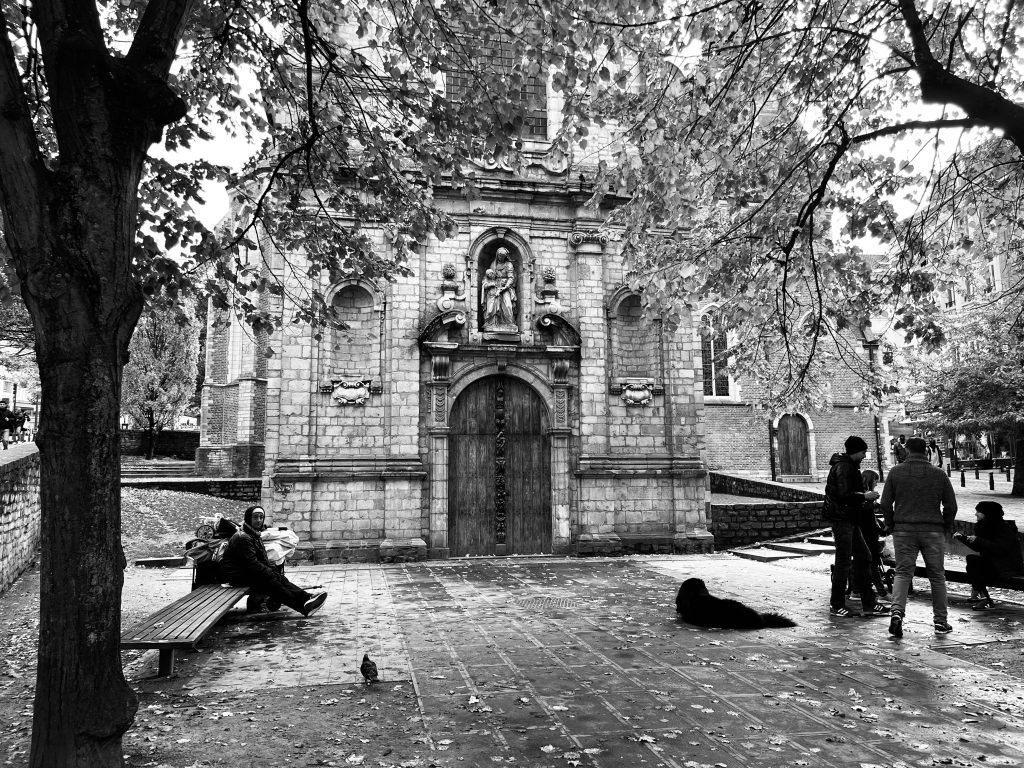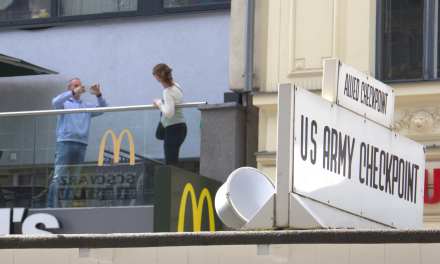The European Commission has the goal of ending homelessness in the European Union by 2030. And that while homelessness is a big problem in Brussels, the capital of the EU. In the past two years, the homeless population in Brussels increased by 19%. Ending homelessness in Brussels is ambitious, but not impossible, says Eva Salman, working at the aid organization Bruss’help. “It’s a huge challenge, but if we keep on working on the different measures and actions that need to be implemented, we can really make a difference and change the way things are.”
According to a count by aid organization Bruss’help, there were 7134 homeless people in Brussels in 2022. In reality, the numbers are probably higher, as this was a count on a one specific day. It is difficult to come up with precise data, because the homeless population is not always visible. Teodora Soare, a researcher at KU Leuven who researches multidimensional poverty, begging, and homelessness in Brussels, agrees. “In Brussels, we are missing a bit of a bigger overview of everyone on the streets. We try to deal with that by trying to interview as many of them as possible, in order to ‘uncover’ them a bit.”
Collecting reliable data about this group is important, says Teodora: “If we have consistent data like this over a few years, we can keep an eye on the situation. We can see how it develops among the population. We can see if their conditions are getting worse or better and we can also help these people get a certain credibility. The public can also get a sense of credibility from this kind of research and can then have a more honest approach and understand better what the situation looks like. As a result, policymakers can also try to help.”
Bruss’help also conducts research into the homeless population in Brussels. They conduct counts of the homeless population, and that group of homeless people continues to grow in recent years, says Eva Salman. “There was an increase of 18.9% in only two years, so that’s a big increase. It’s also an increase that we have seen every two years since we have started counting, and this is already the seventh count that we have done. So obviously, the problem is continuously growing.” Besides research, Bruss’help mainly plays a coordinating role. The organization works closely with other organizations in the sector and with authorities and politicians, ensuring that homeless people get the right help.
Despite the growing homelessness problem, Bruss’help is working on a master plan, stating what is needed to end homelessness in Brussels by 2029. “In the master plan, we try to focus on four things,” says Eva. “The first and major one is prevention. It is important to avoid that a person finishes in the street. For that, we really need to work together with sectors that are in contact with people that will potentially end up in the street, like hospitals. The second one is to have a primary intervention with people that end up in the street or have a housing issue. The third part is that specific problems require specific solutions, so for example, when homeless women experience violence in the streets, they need specific help for that. And finally, there is institutional violence that we need to address. For example, in Belgium, immigration issues are taken care of by the federal government, while homelessness is taken care of by the region.”
When the master plan will go into effect is not entirely clear yet. “The goal is to present the master plan in February 2024 and after that, an implementation plan will be made.”
